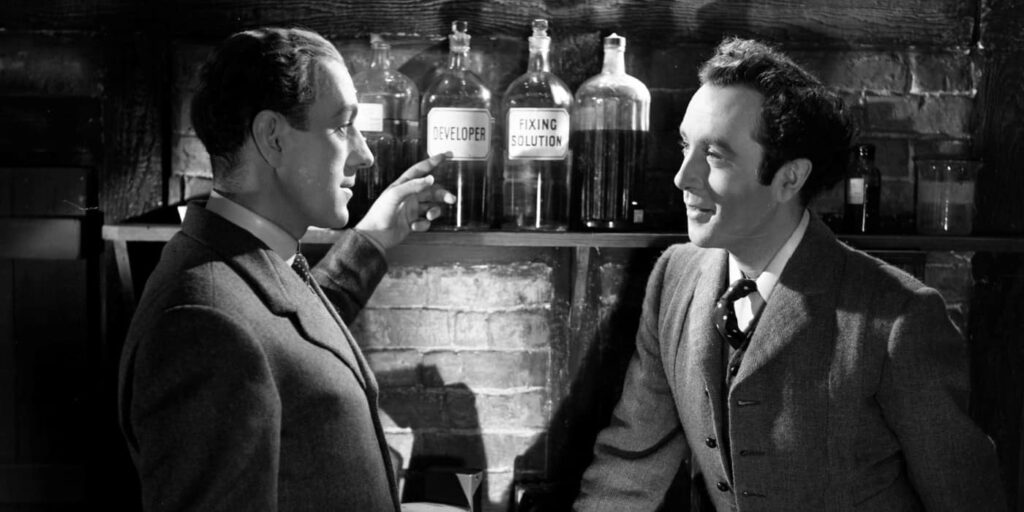The Foreshore Interview: Alison Jean Lester

“I think that there’s a thread running through all my books and I don’t think that I’m alone in this: Who can you trust?” : novelist Alison Jean Lester discusses interacting with nature as a writing prompt, retreating to Finland , and her upcoming book, FLAX: The Legend of Tula. Interview by Betsy Robinson Main Photo by James Coleman on Unsplash How did you find the process of creating a whole new world? “I never imagined doing that. My writing so far has always been contemporary, and reality-based. Modern relationships. So, when I realised that this was the way the story needed to be written, I went with it, and it turned out to be one of the most wonderful experiences of my life. I love the world. I love Rakana. It required that I go to different parts of my mind. If I’m writing about a typically domestic situation, then I’m in a country that I know. I’m just drawing from a large area of experience. Whereas for this, I felt like I needed to be a funnel for anything in my life that was going to be relevant. I didn’t know where it was necessarily going to come from. So that was a very different feeling in my brain. And I’m pointing outwards, because that’s what it feels like, but of course it’s all inside. When I started writing this book, there was a walk that I would do through a flax farm. Normally, when I walk through a field, I think my thoughts. But when I walked through that farm, I was responding to the farm. From that came all of my questions. My mind flits around a lot, and it was really wonderful to have a place to go that was constantly changing and interesting, and I had to really observe.” How did you find writing new words? “Well, this kind of links to your question about how my life of living in many places and travelling a lot affected the writing. My experience in China was deeply formative; I went to live in China as an exchange student when I was 19 years old. It changed my life forever. I don’t know where my character Tula came from, but Lixut and Jenla and Yonghet came from fooling around with Chinese names. “After I thought about the book for a year, I did a retreat in Finland. I knew I wanted to be in a place where I did not know the culture, and I had to be observant, and I had to feel, because Tula has to leave her country. We were in the countryside of Finland and a lot of the farmers don’t speak English so it was a very quiet experience, which was perfect for me. I went down to the river one day, for the bit where I needed to write Tula waking up by the river. I went down to the river, and I lay down by a tree, and then, opened my eyes. And what was next to me? What were the flowers that were there? What was going on in the landscape? What is it like to wake up in a place like this? I’ve never slept by a river; I was able to engage with the landscape there. Finnish is not similar to very many languages. So, names like Eikala, that’s not a Finnish word, but it kind of sounds like one. “The artist retreat had communal studios, but I needed to write alone, and I was told ‘Well, we have this loft.’ They opened this old door, and it was a big loft with creaky floors and interesting things stored in there, like sculptures and drawings and weaving materials, and then there was a window looking out on a river. And there was an old schoolroom desk. So, I sat at this little desk with a view of a river, and I just kind of received what wanted to be received, what could attach itself to the story.” Were you inspired by any real-world places or other fictional worlds? “When I lived in Japan, I had a friend who was a cloth dyer and an advisor for fashion brands. I was invited to a wedding, and I was pregnant with my second child, so I had nothing to wear. My friend made me a tunic, it was very simple, but it was absolutely beautiful. I bet that had an impact on the book: the undyed linen with my ‘Undyed’ characters. In terms of fictional places, I don’t generally read made-up worlds, other than Terry Pratchett. Although there is one book that probably gave me some courage, and that I’d highly recommend. It’s called Sharp Teeth by Toby Barlow. It is a story of modern-day werewolves in LA, and it’s a poem.” What would you say are the main themes of your new book? “I think that there’s a thread running through all my books and I don’t think that I’m alone in this: Who can you trust? That is the question and that is an eternal question, so we’ll all keep writing about it. In this case, it’s the Rakanans who haven’t questioned the situation and are just trusting. But when Tula steps out of the bubble, the question is ‘who can I trust?’ I think that’s a central theme. The book is a physical journey, as well as an emotional journey. “The writer Jim Cace read the beginning of my book and said, ‘I couldn’t help but read it as elevated prose rather than a story in verse. I see these as paragraphs rather than stanzas.’ For me, it’s not an effort to be poetic. It’s an effort to guide the feeling, to guide the reading, and to make you pause when the moment deserves a pause, or to feel Tula hesitating as time is passing. The book is a lot about texture, but it’s also about the senses. “I hadn’t even thought that the book


